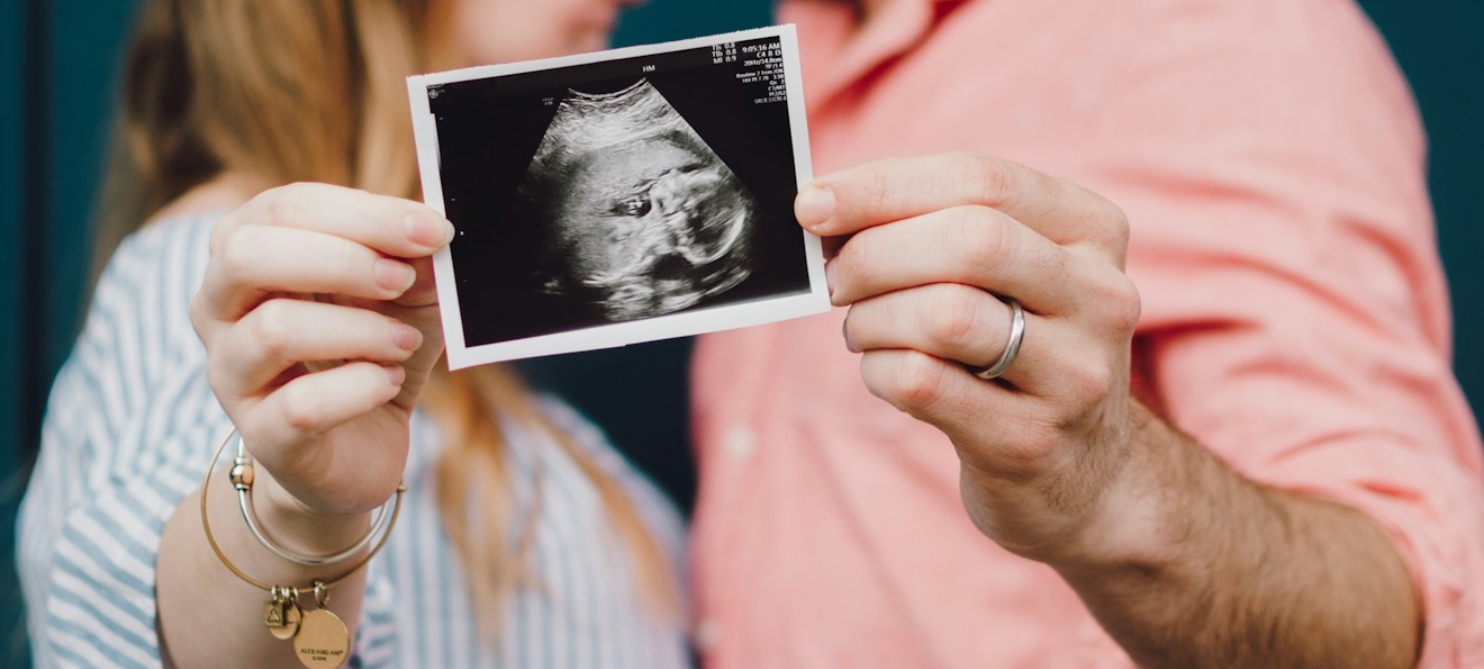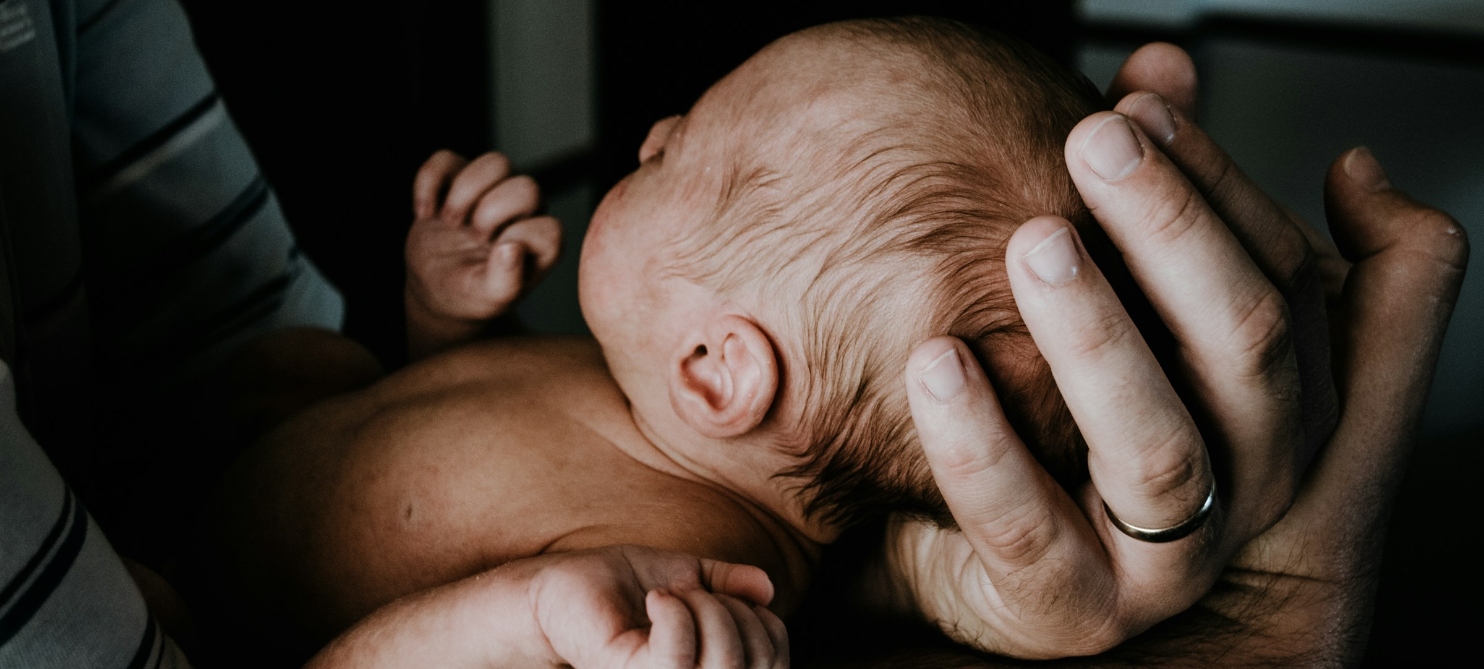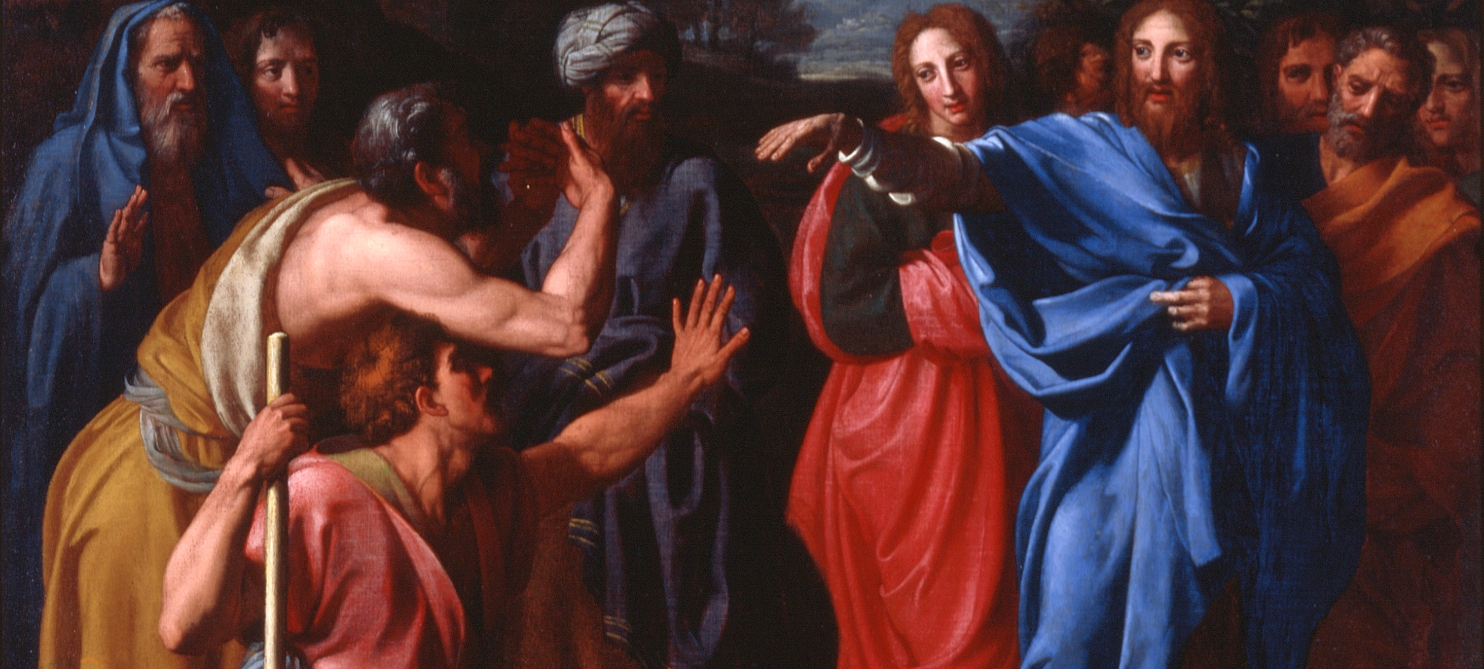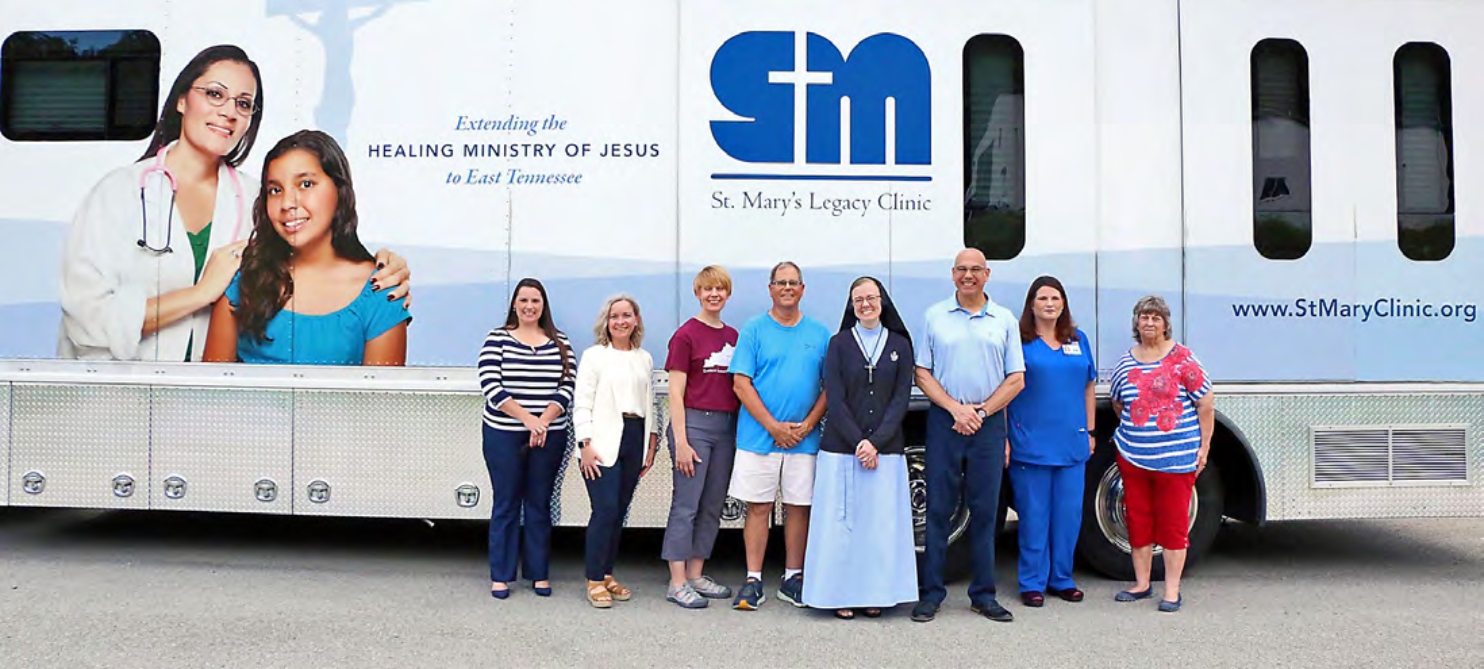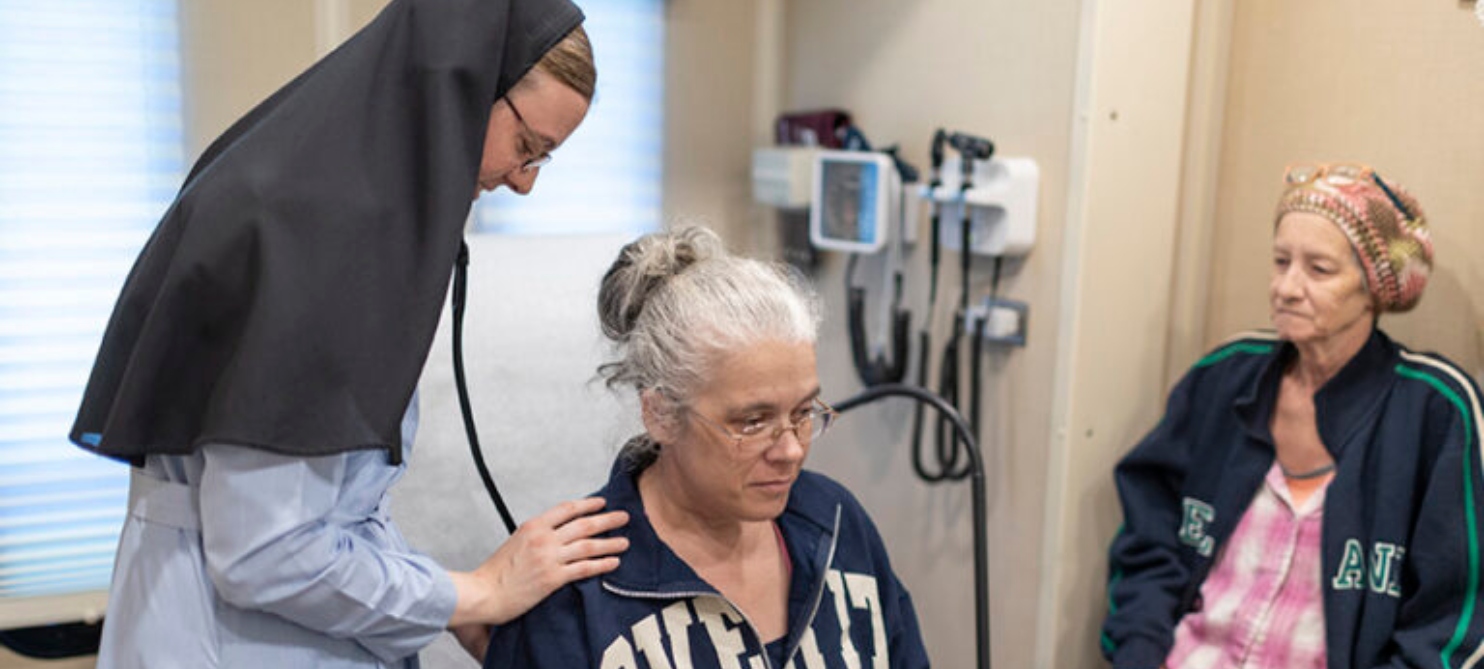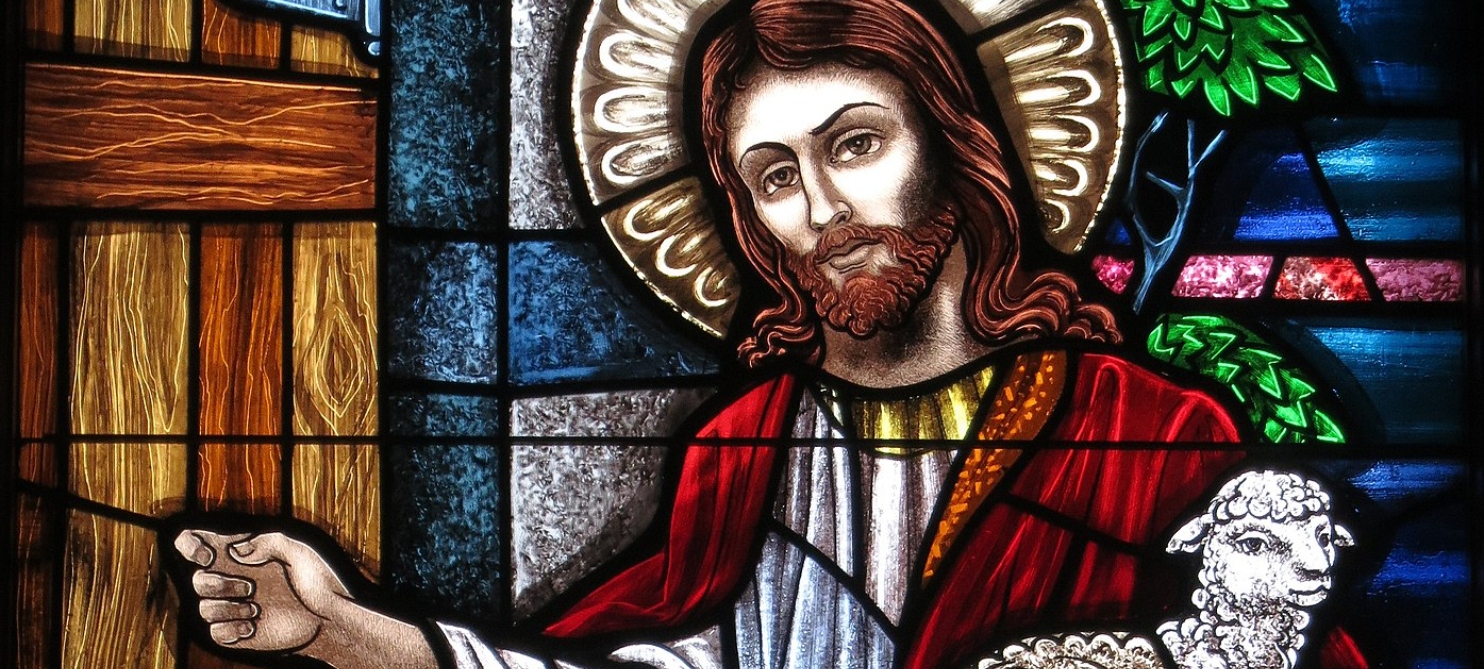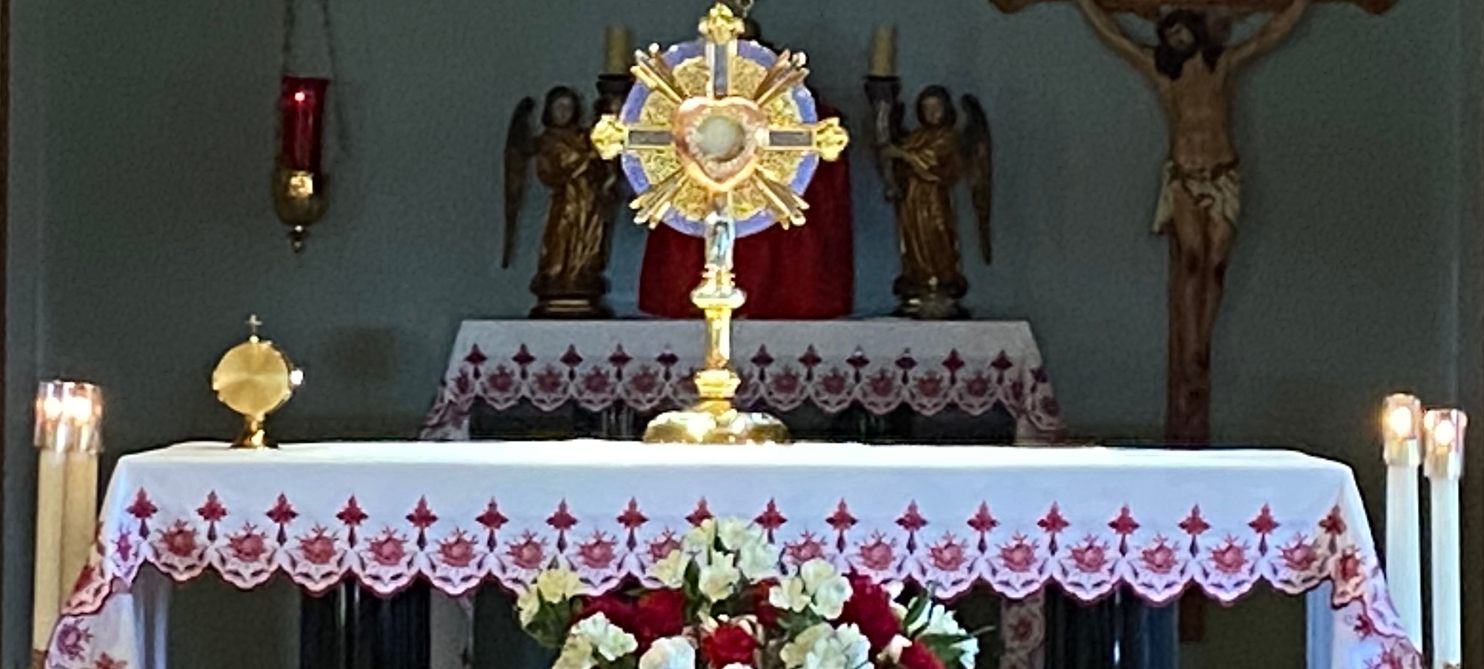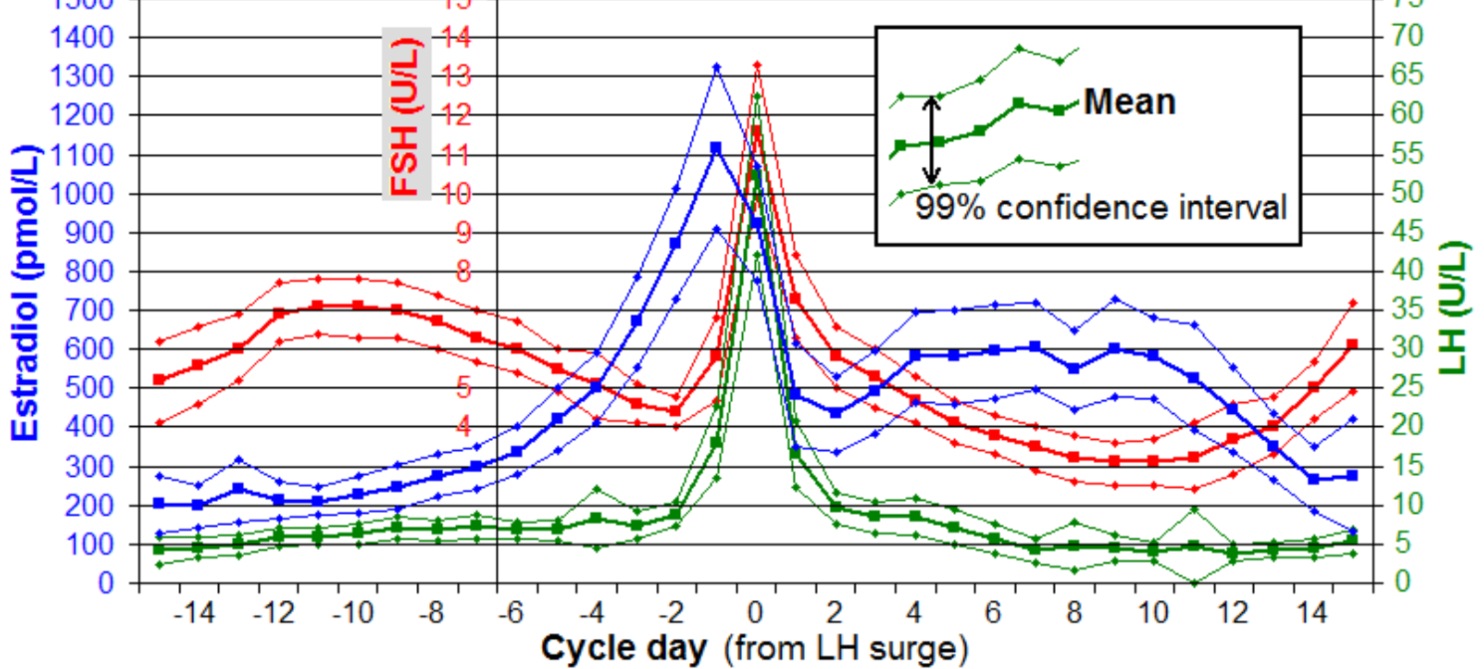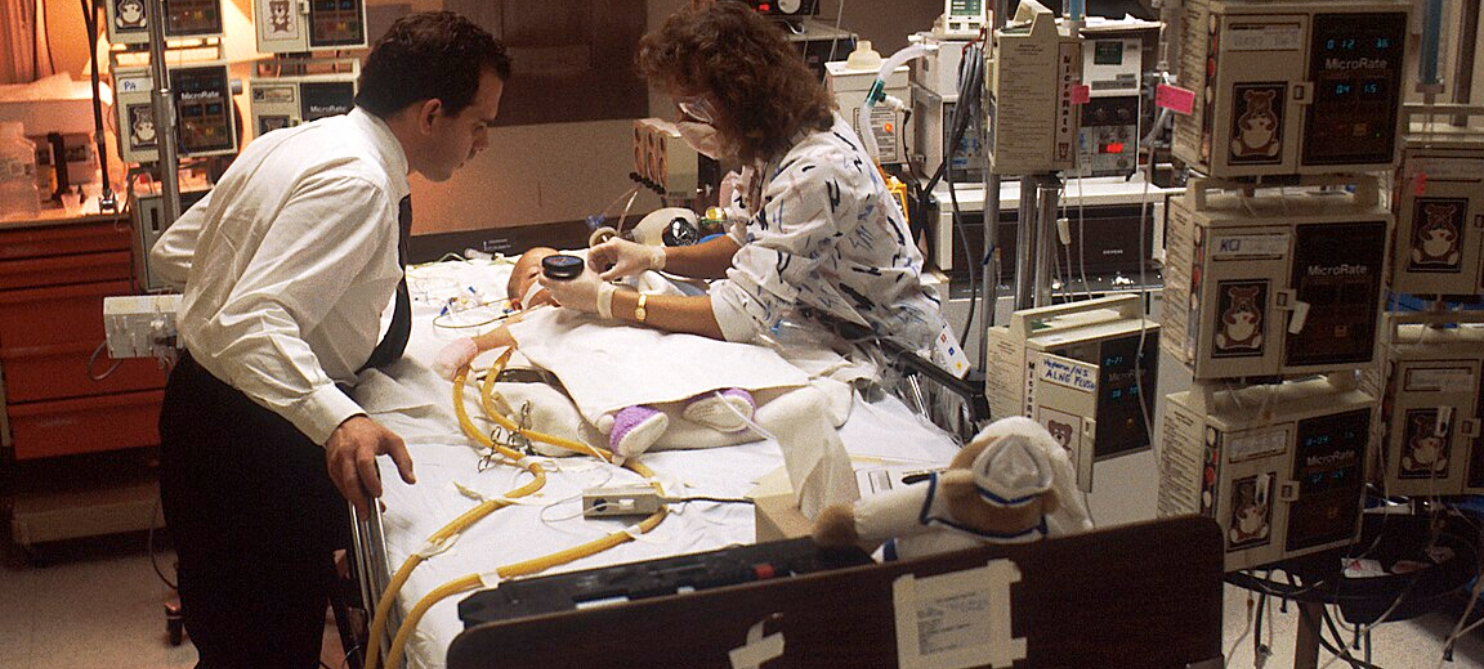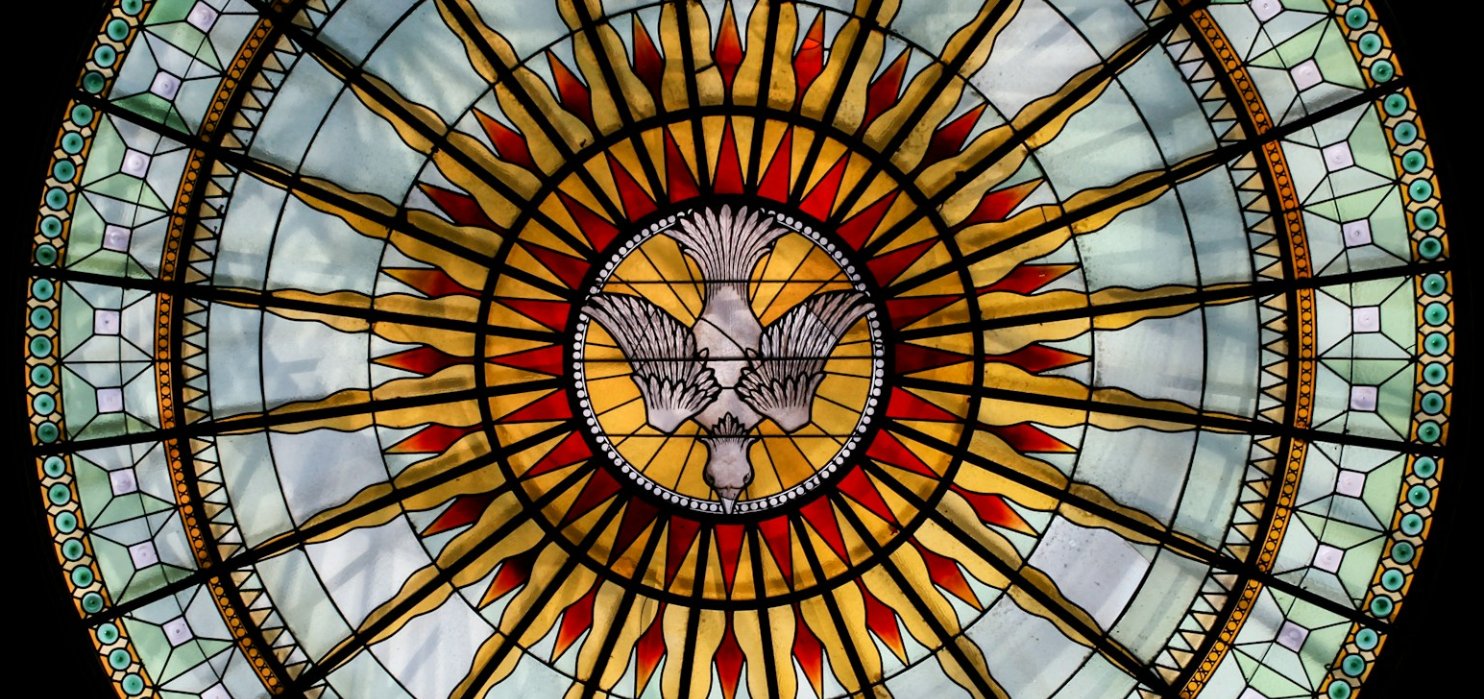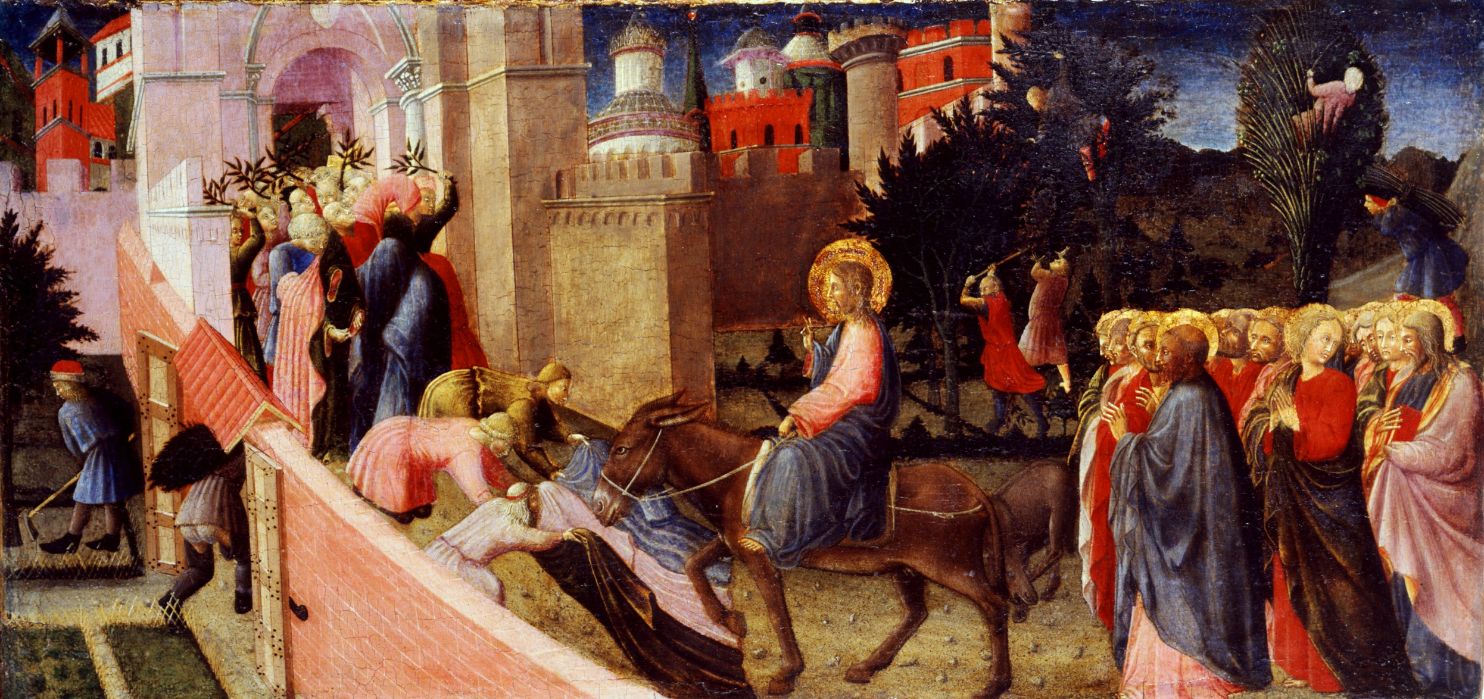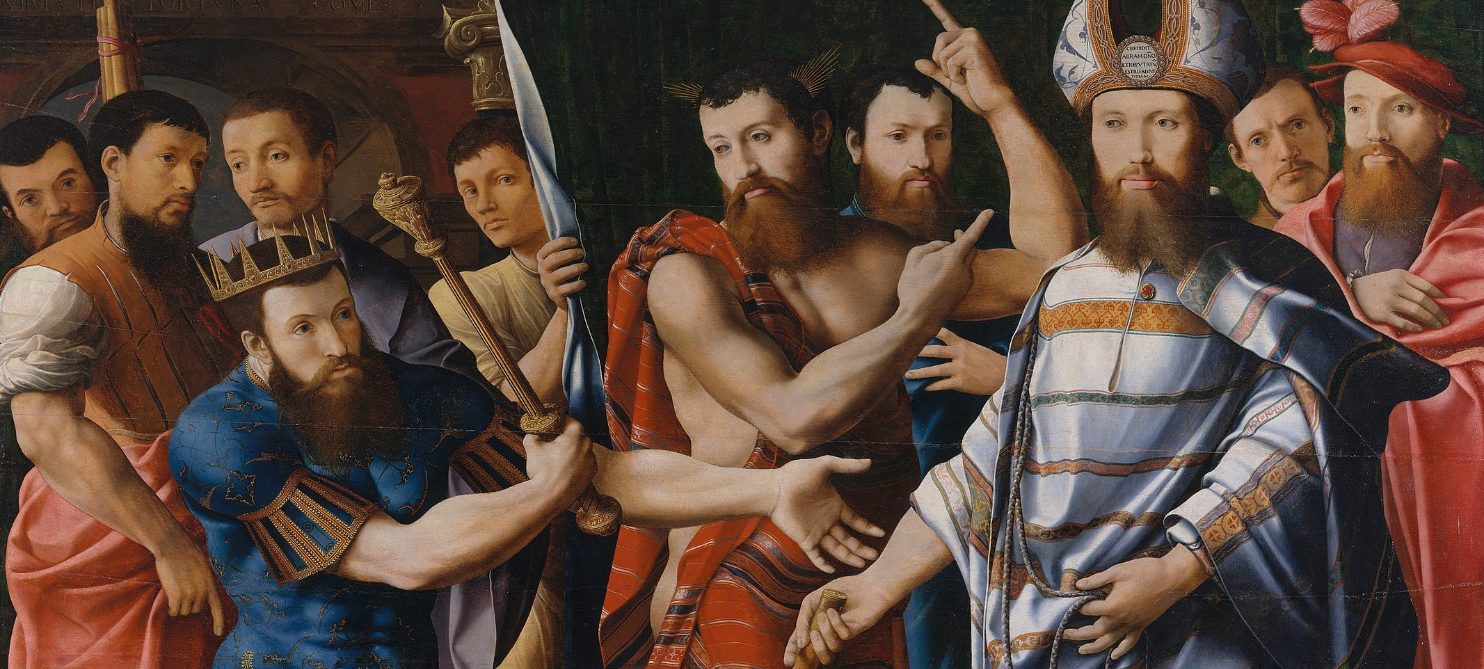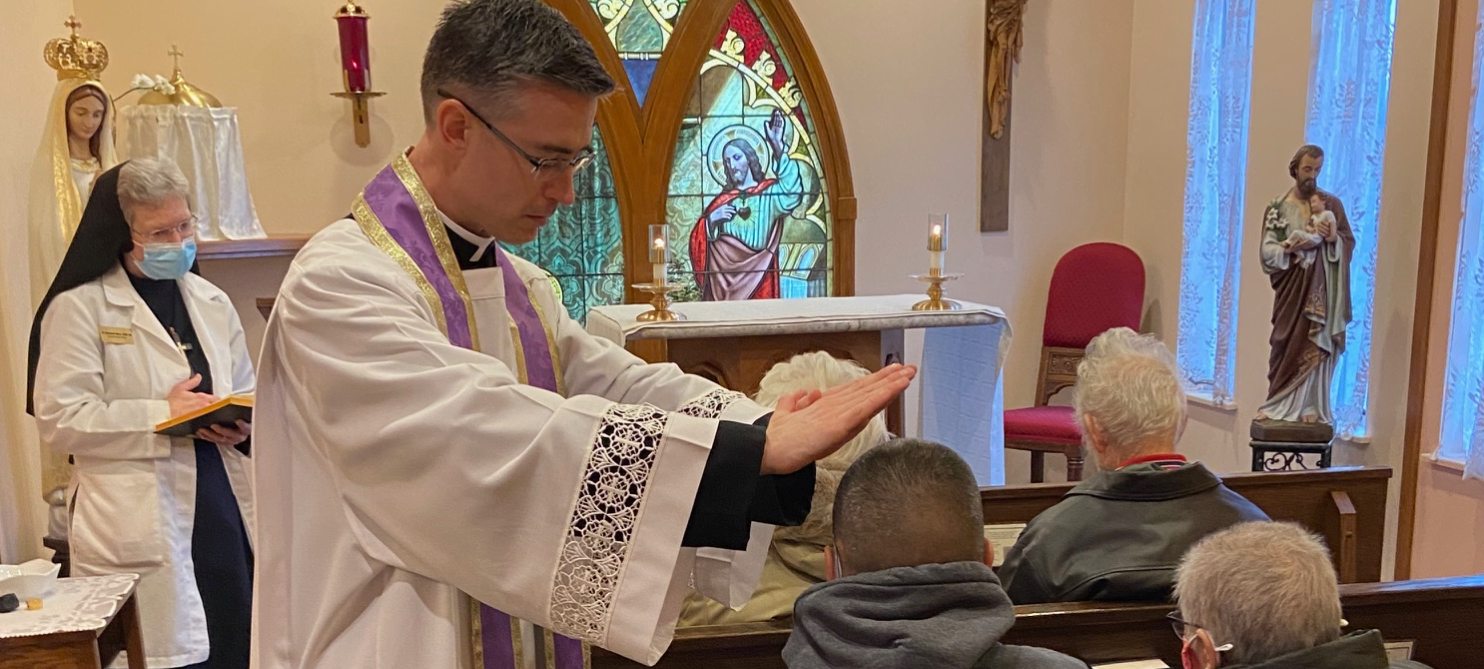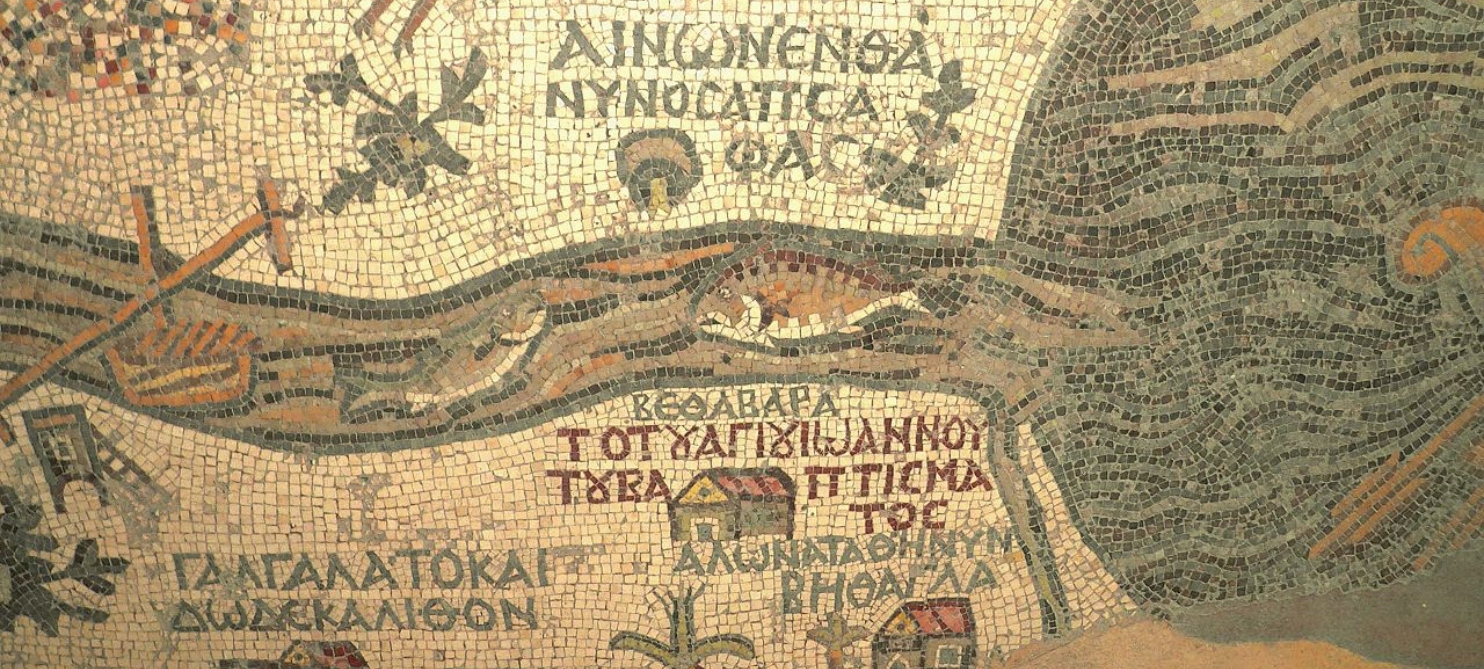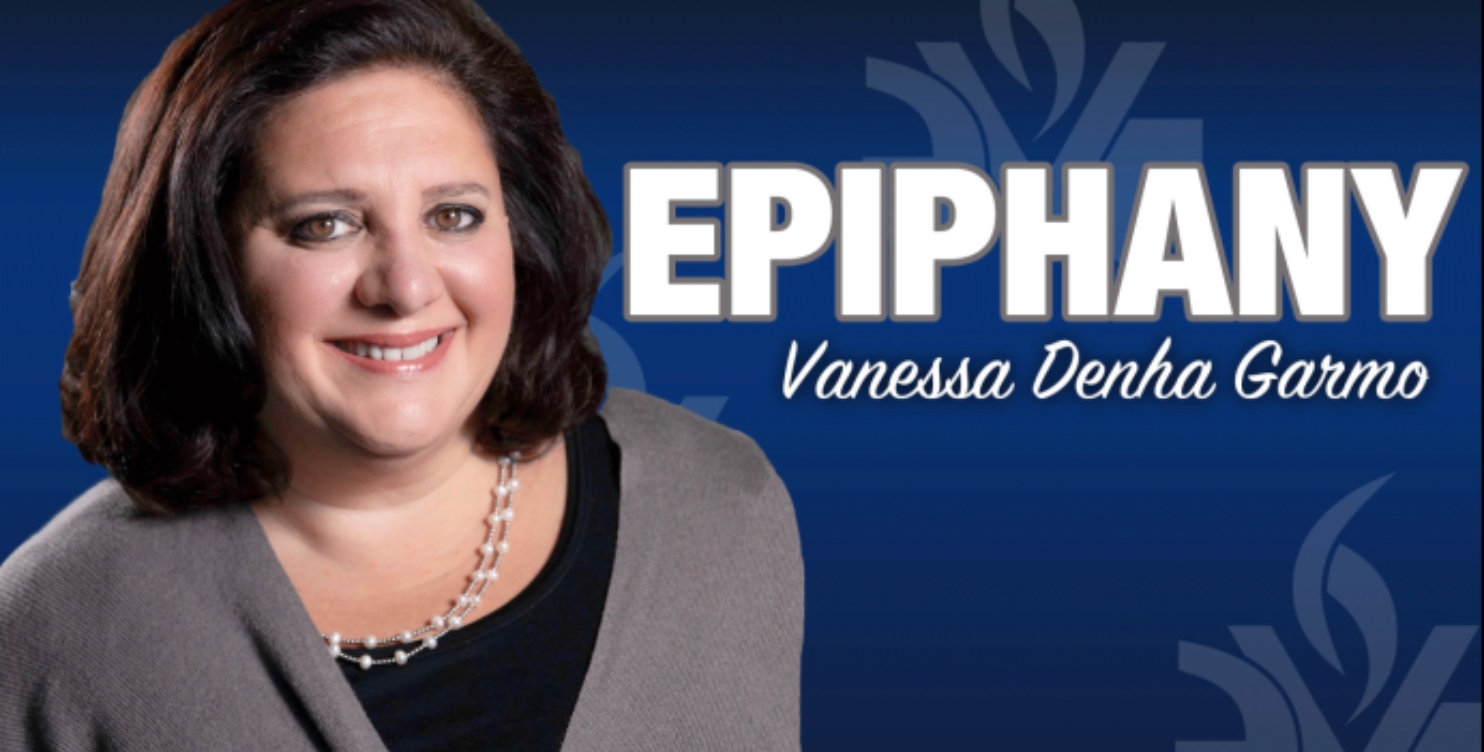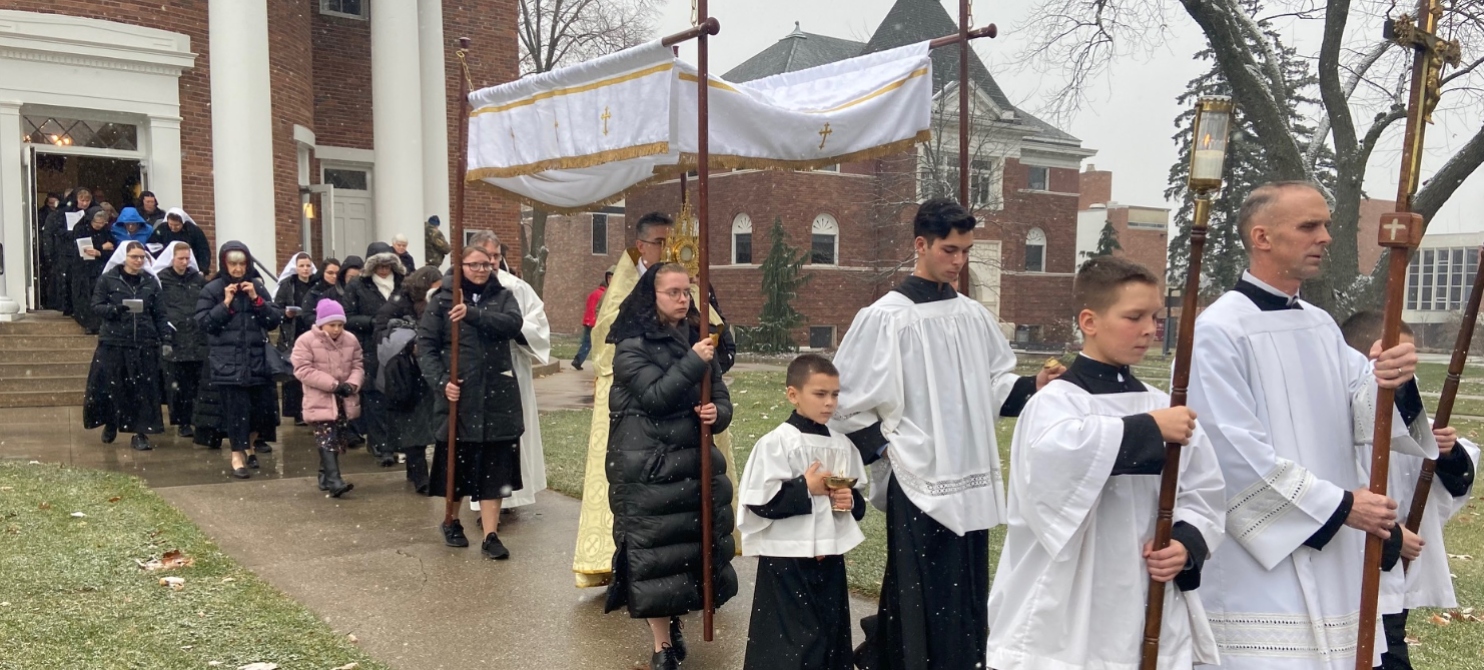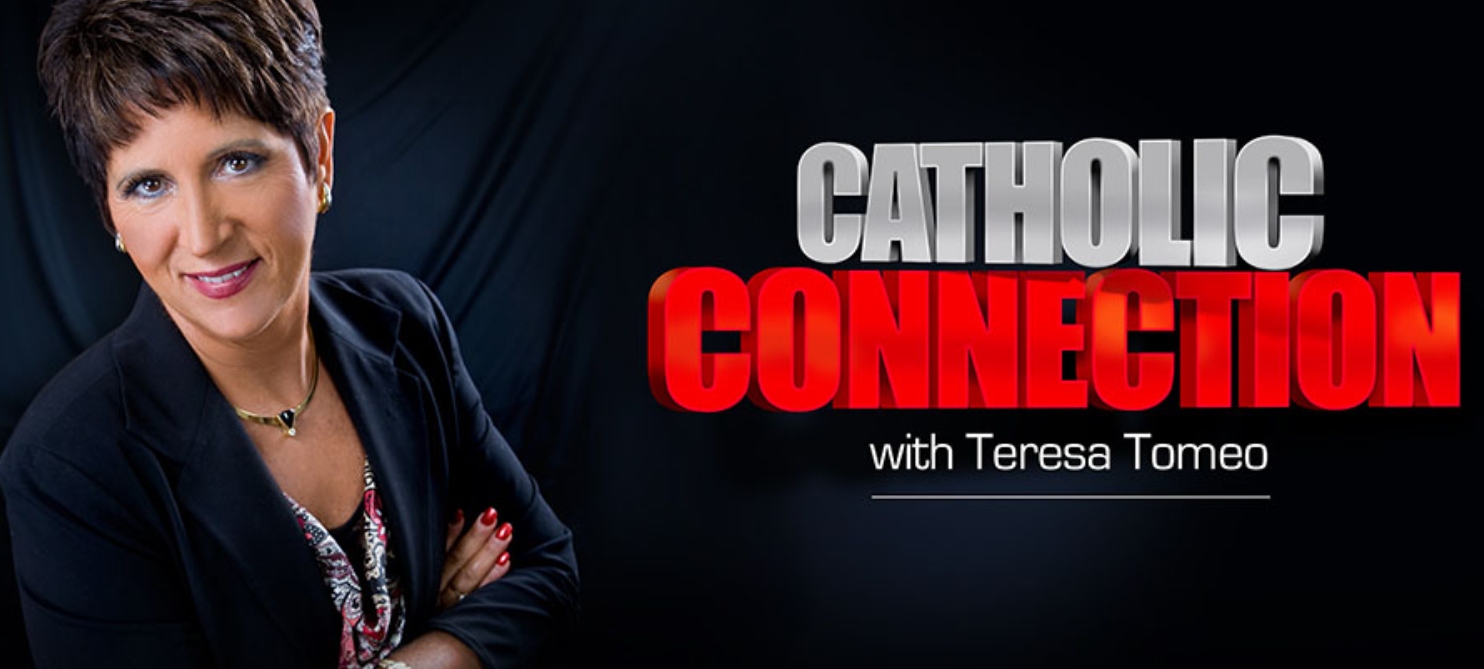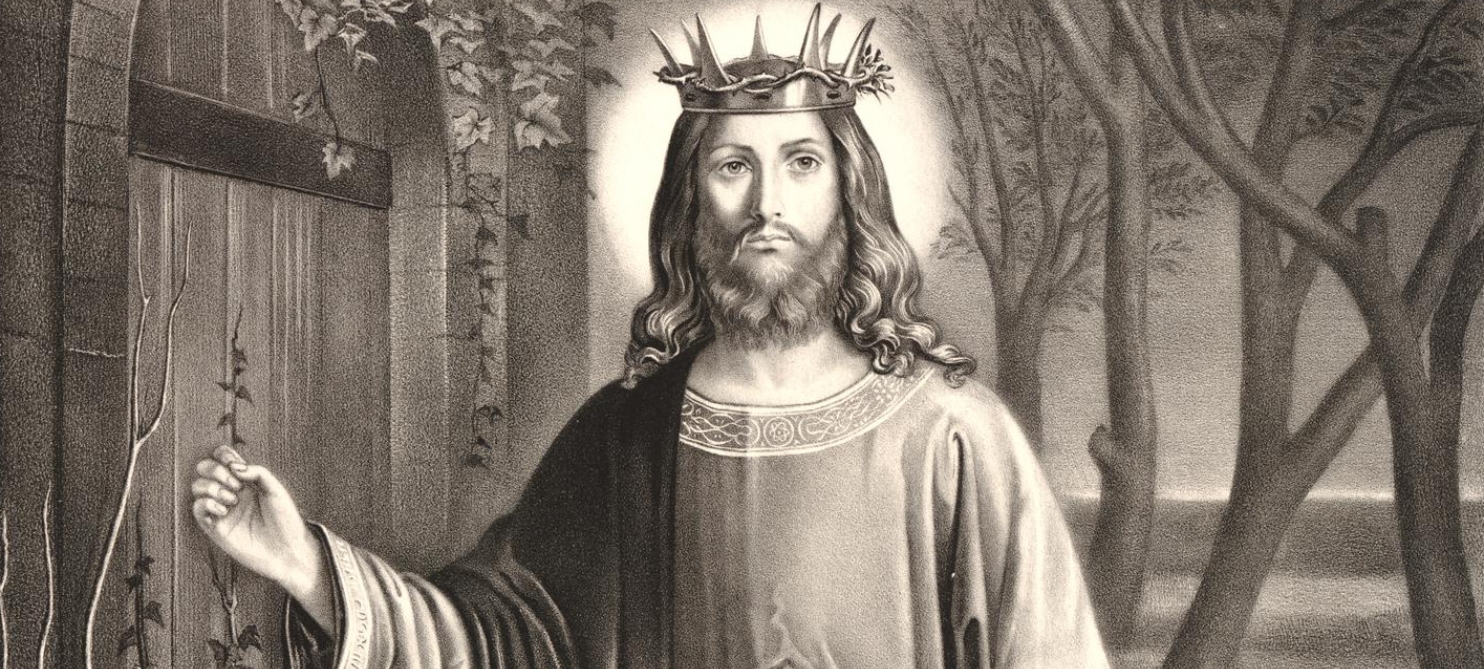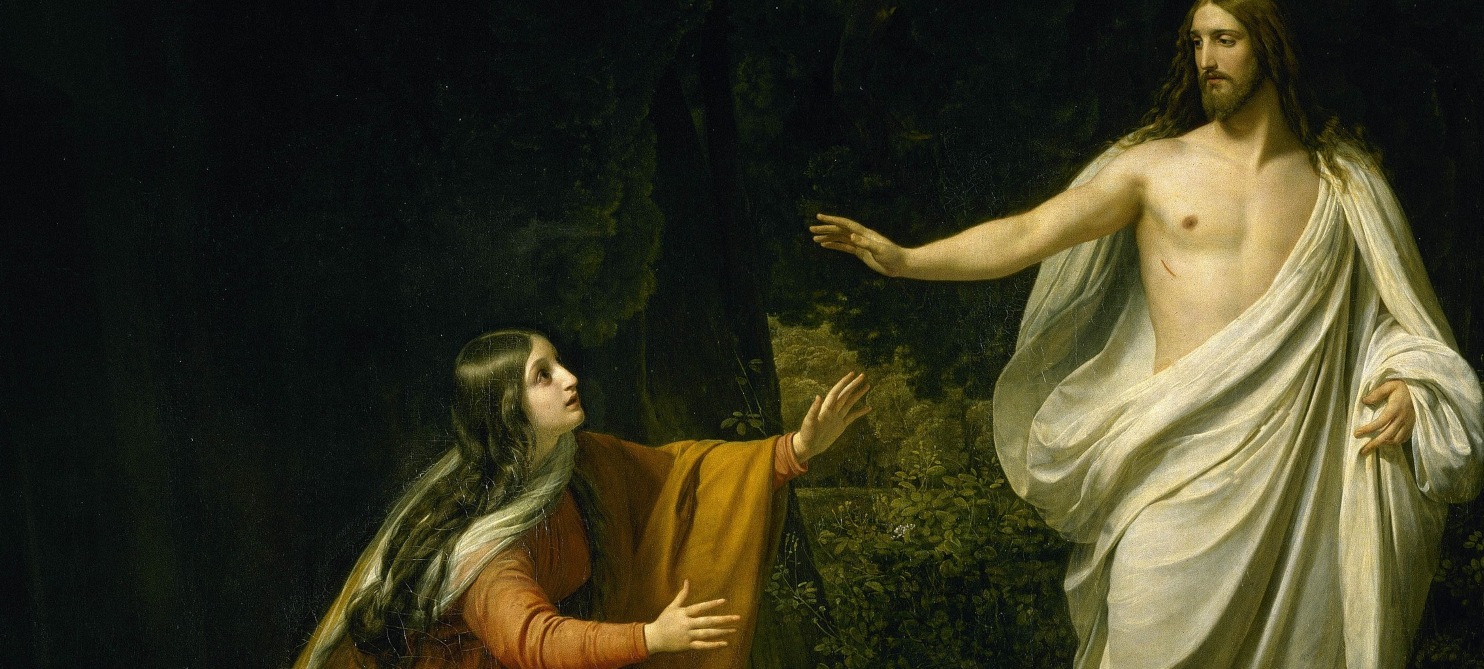Divorced from religion, the healing process is often imperfect. This is Sister Grace Miriam Usala’s conclusion as she reflects on her experiences over the last year of caring for patients in and out of the hospital and observing civil unrest. In this lecture, Sr. Grace Miriam will share her experience as both an internal medicine physician and a religious sister during the COVID-19 pandemic. After defining religion and healing as understood in the Catholic tradition, she will give examples both of when neglect of patient religiosity has negatively impacted healing and of when respect for patient religiosity has advanced healing. Finally, she will highlight neglect of justice–either “what is due” to God (religion) or “what is due” to persons (civil justice)–as a defect common to both the healing of persons and the healing of societies during our time.
Sr. Grace Miriam Usala, MS, MD, RSM, a Religious Sister of Mercy of Alma, Michigan, holds a Bachelor of Science degree in Chemistry from Bryn Mawr College, an MD/MS from Georgetown University, where she also completed her internal medicine residency last year. During her medical training, she pursued clinical research and published in The Journal of the Endocrine Society and The Journal of Clinical Endocrinology and Metabolism. She holds certification in bioethics from the National Catholic Bioethics Center. She is currently assigned to Saint Francis Xavier Home of Mercy in Tulsa, Oklahoma, and works as a board-certified internal medicine physician in Muskogee, Oklahoma.
Listen to Healing: The Role of Religion during the Pandemic
See this article from the Catholic Standard:
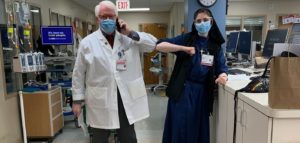
First a Religious, then a Physician, Sister Grace Miriam Usala Continues to Serve the Sick in the Midst of COVID-19 Pandemic
Updated February 28, 2021
